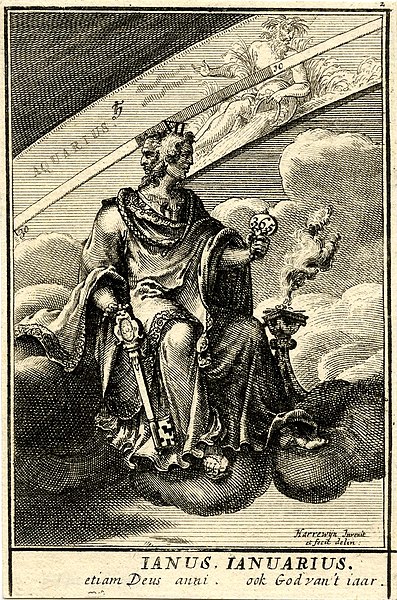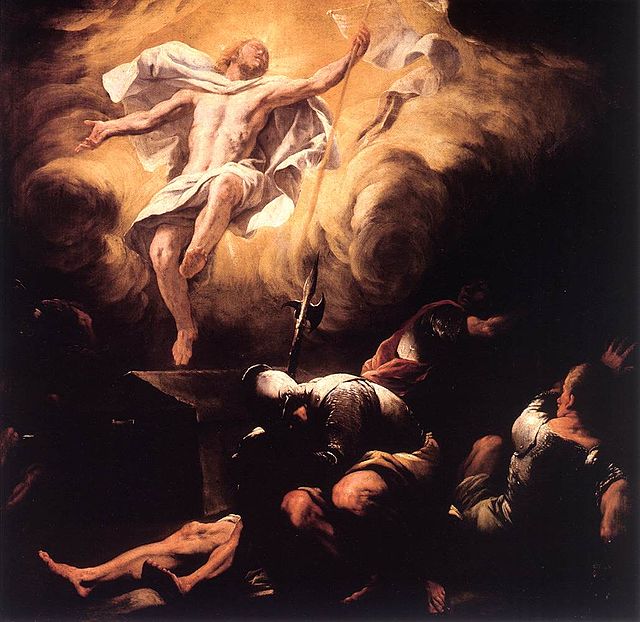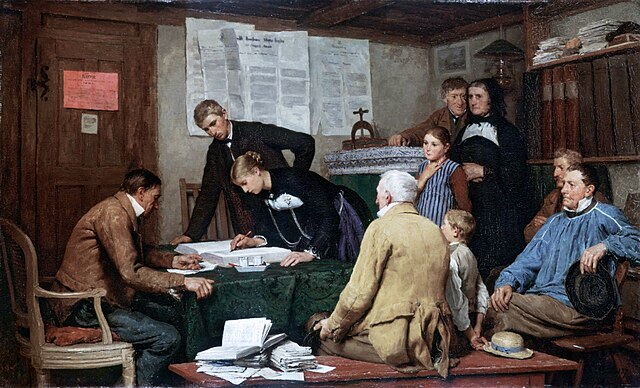A liminal deity is a god or goddess in mythology who presides over thresholds, gates, or doorways; "a crosser of boundaries". These gods are believed to oversee a state of transition of some kind; such as, the old to the new, the unconscious to the conscious state, the familiar to the unknown.
Janus was believed to see over times of change, such as the New Year and the beginning of the day.
Mercury was a god of travellers, like his Greek equivalent Hermes.
Jangseung are traditionally placed at the boundaries of villages
Christians believe Jesus crossed the boundary from the afterlife to earth during his resurrection.
In anthropology, liminality is the quality of ambiguity or disorientation that occurs in the middle stage of a rite of passage, when participants no longer hold their pre-ritual status but have not yet begun the transition to the status they will hold when the rite is complete. During a rite's liminal stage, participants "stand at the threshold" between their previous way of structuring their identity, time, or community, and a new way.
Initiation ritual of boys in Malawi. The ritual marks the passage from child to adult male, a liminal stage in the context of their lives.
Destruction, from The Course of Empire by Thomas Cole (1836)
Liminal phase of a rite of passage: Albert Anker's Die Ziviltrauung ("The Civil Marriage"), 1887
A painting depicting Jacob's Ladder to heaven








